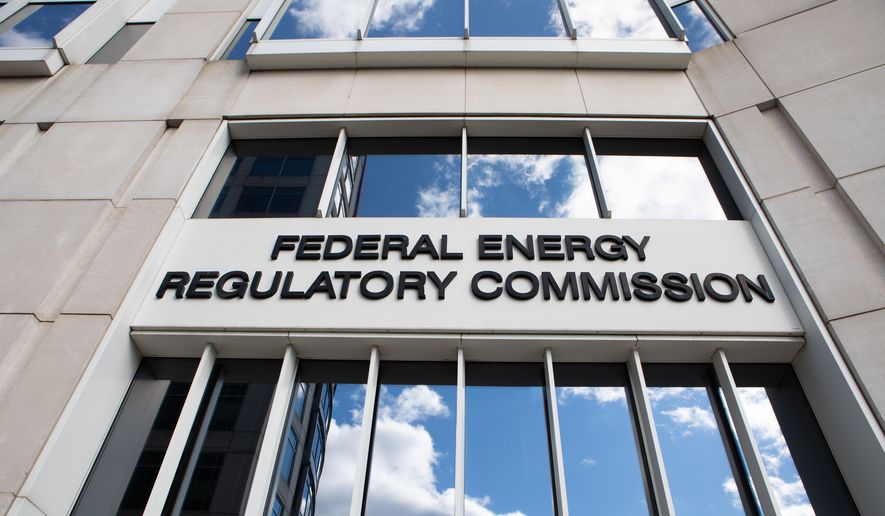OPINION:
The new “candor” rule proposed by the Federal Energy Regulatory Commission shows the administrative state’s desire to punish whatever it deems “misinformation.” Earlier this year, the Biden administration was embarrassed into nixing its Disinformation Governance Board, but the administration’s effort to police public discourse endures, and other agencies are filling the void.
Enter the Federal Energy Regulatory Commission, an agency overseeing the nation’s wholesale energy markets for oil, natural gas and hydroelectric power.
In August, the commission announced an expansive “candor” rule subjecting communications from an array of new parties to regulatory scrutiny. The commission explained that inaccurate information frustrates its task of ensuring fair market rates for energy. Thus, the commission deemed it necessary to prohibit communications that were false, misleading, or affected by material omissions.
Sounds reasonable, but beneath these anodyne generalities are serious problems with the commission’s rule and its justifications.
What does the rule cover? As written, any and every communication made to the commission or the companies it regulates, whenever the communication “relates to” a subject within the commission’s jurisdiction.
Who does the rule cover? Every regulated organization as well as its employees, agents and contractors.
No law degree is needed to recognize this rule’s extraordinary breadth and imprecision. And while the answers above cause concern, it’s the unanswered questions that raise the alarm.
What, for instance, is the standard for determining that a statement is misleading or that unstated information is material? The commission is coy; it prefers a “flexible” enforcement approach to the use of concrete standards. But the rule’s wording is so broad it covers immaterial false statements or omissions even when made without intent to deceive or awareness of their falsity.
What subjects are related to the commission’s jurisdiction and thus within the rule’s scope? Again, the commission is evasive.
Energy policy, and to some extent, climate and environmental issues are within the commission’s jurisdiction. Any matter related in some attenuated way to these subjects could trigger the commission’s scrutiny. Creativity is the only apparent limit on the commission’s ability to assert that innumerable topics relate to its core jurisdictional subjects.
Finally, what are the penalties? In a word: mysterious.
The commission felt no need to specify the penalties for a lack of candor, leaving regulated parties to guess how severe the enforcement risks might be. Only by exercising “due diligence” can a regulated party save himself, but as expected, the commission’s notion of due diligence is as undefined as every important aspect of this rule.
The rule’s vagueness appears intentional. This isn’t simply because the commission does not want to undertake the detail-oriented work of tailoring its rule to specific harms. Agencies thrive on ambiguity, the legal gray area in which they can interpret and thus expand their authority to new subjects and tasks never intended by Congress when it created them.
But vagueness could be this rule’s undoing. The lack of meaningful standards heightens the risk for every covered communication. Consequently, market participants and the public will curtail communications on matters even tenuously related to the commission’s authority. Not only will this decrease the exchange of information in energy markets, it also will raise serious First Amendment concerns.
Communications questioning climate change or criticizing a pipeline’s environmental impacts could run afoul of the rule.
As the pandemic has taught us, federal agencies are prone to politicizing expertise and suppressing dissenting views when they impede the realization of the administration’s favored policies.
There are 434 federal agencies. Which among these agencies could not claim that accurate information is indispensable to their regulatory mandate? If the commission’s rule succeeds, expect other agencies to mimic it and bring an alarming number of communications under the administrative state’s scrutiny.
When agencies assert the right to suppress disinformation and to define the concept as well, public discussion and debate will wither in those areas where it is most needed.
• Jack Fitzhenry is a senior legal policy analyst in the Heritage Foundation’s Meese Center for Legal and Judicial Studies.




Please read our comment policy before commenting.